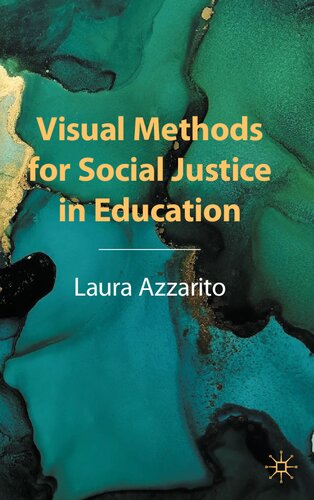
Visual Methods for Social Justice in Education PDF
177 Pages·2023·7.775 MB·English
Most books are stored in the elastic cloud where traffic is expensive. For this reason, we have a limit on daily download.
Preview Visual Methods for Social Justice in Education
Description:
This book makes a case for the usefulness of visual research methods for advancing a social justice agenda in education. The author aims to provide education researchers with a wide range of qualitative visual research tools to invoke different stories, voices, embodiments, and experiences of individuals from marginalized communities; to advance emancipatory research projects; to embrace interdisciplinary knowledge-building; and to counter-narrate Western forms of knowledge, cultures, and values for the reimagining of education for social change. It draws attention to the importance of visual methods in today’s neoliberal landscape of education to speak back to mainstream research and practices, especially when research participants lack words to describe, express, and represent what it means to be impacted by oppression and marginalization.
See more
The list of books you might like
Most books are stored in the elastic cloud where traffic is expensive. For this reason, we have a limit on daily download.
